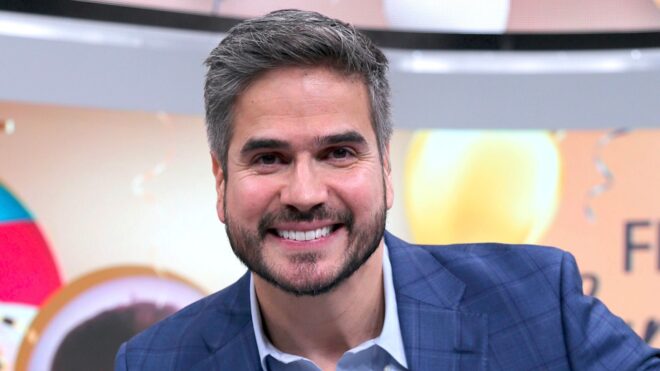All parents want to protect their children from bad experiences. But when it comes to money management skills, letting kids make some mistakes could benefit them in the end.
Things can be more expensive than you think!
When my nephew was 6 years old, he told me that he was going to buy me a ticket to go on a trip abroad with him and his mom. When I asked him how much he had in his piggy bank, he said $20. Most kids, especially younger ones, don't have any idea of how much things actually cost. The next time your child wants to buy a new toy or gadget, go to the store and let him or her ask for the price. Then compare it with the savings they actually have. They will learn that the actual price can be a lot higher, and they need to save in order to afford it.
Impulse shopping can get in your way.
You already know how important it is to teach kids how to save, so let them set a goal to buy something they really want. Depending on their age it could be an electronic tablet or a special toy. Keep track of their weekly savings and progress towards their goal.
If they do decide they want to make an impulsive purchase at any store, remind them of their goal and how far or how close they are from it. Then let them make their own decision. If they go for the impulsive purchase, they will have to wait longer to be able to afford that toy or gadget they want so much. This will show them how impulsive shopping can derail a financial plan.
Teach a lesson in how NOT to use a credit card.
Teenagers might be ready for their own credit card with a low spending limit (perhaps even one linked to your own credit card account, or the State Farm Student Visa, if they're in college). Allow them to manage the card without your supervision for a little while. Most kids will probably reach their spending limit very fast. Don't let them use the card again until they have paid the balance in full, including the interest. They will learn that credit cards are not magical loans and that they should still have the funds to finance their purchases in a timely manner.
And of course, don't forget that actions often speak louder than words. Set a good example yourself by not overspending or buying things you don't really need!
Yamila Constantino is a pioneer of financial education for Latinos. She is a member of the National Financial Educators Council Advisory Board and a winner of the US Hispanic Chamber of Commerce At the Table award for women entrepreneurs.
The information in this article was obtained from various sources not associated with State Farm. While we believe it to be reliable and accurate, we do not warrant the accuracy or reliability of the information. These suggestions are not a complete list of every loss control measure. The information is not intended to replace manuals or instructions provided by the manufacturer or the advice of a qualified professional. Nor is it intended to effect coverage under our policy. State Farm makes no guarantees of results from use of this information.



